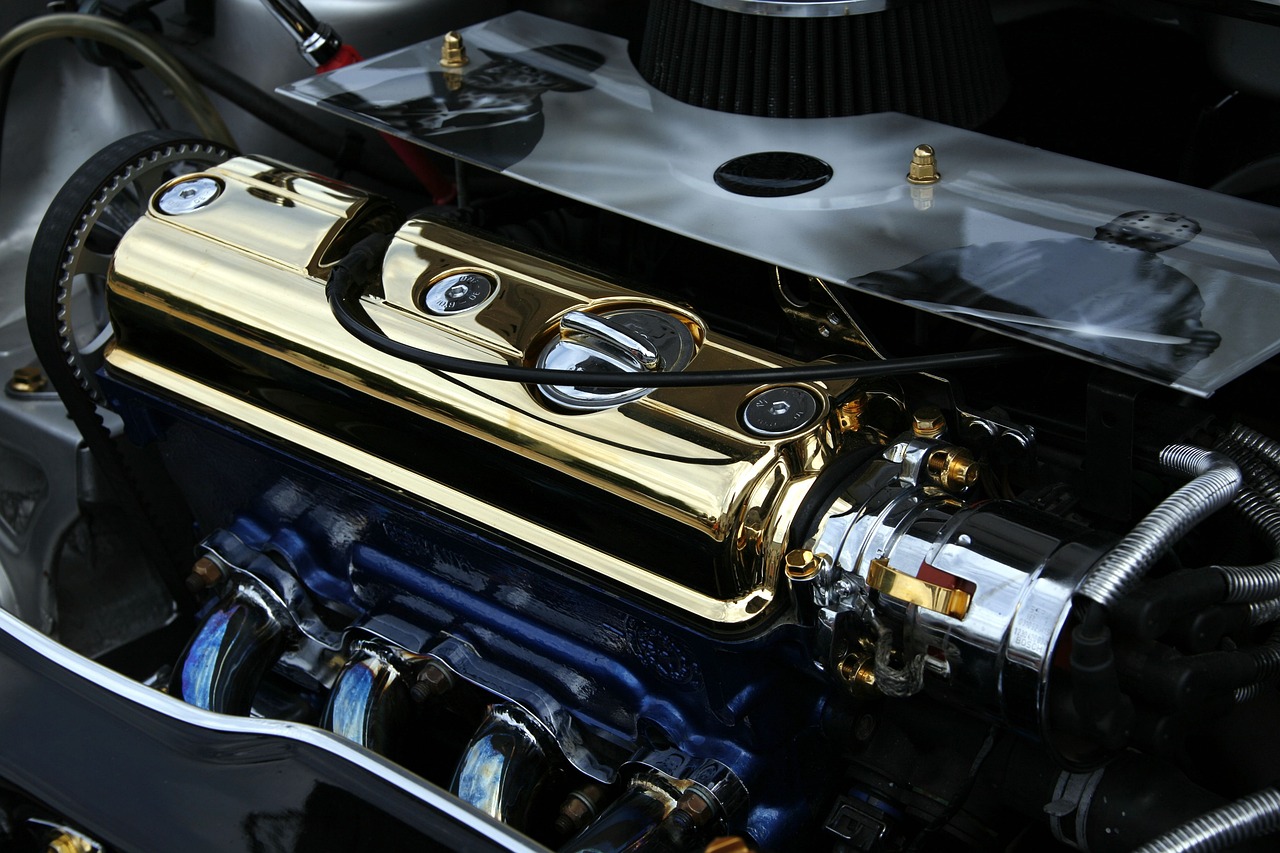Delving into the Intricacies of Advanced Engine Cooling Technologies
Engines get hot, very hot. And in an era when high-performance vehicles are rising in popularity, efficient cooling is more crucial than ever. Let's take a deep dive into the world of advanced engine cooling technologies, a field that may seem mundane, yet holds the key to enhanced performance and longevity of today's automobiles.

The Genesis of Engine Cooling
Since the inception of the internal combustion engine, cooling has been a major area of focus. Early automobiles relied on simple air cooling, where the flow of ambient air was used to dissipate heat. However, as engines became more powerful, air cooling proved insufficient. This led to the development of water-cooling systems, which harnessed the high heat capacity of water to withdraw heat from the engine. Radiators, coolant, pumps, and hoses became standard features in the engine bay.
The Modern Cooling Landscape
Today, the once simple cooling systems have evolved into intricate networks of technology. For instance, variable flow cooling systems use electronic sensors and actuators to adjust coolant flow based on engine load and temperature. This maximizes cooling efficiency and minimizes energy loss, contributing to better fuel efficiency and lower emissions.
The Impact of Advanced Cooling Techniques
Advanced engine cooling technologies play a pivotal role in the performance, reliability, and longevity of an engine. Efficient cooling prevents overheating, which can lead to serious damages like warping, cracking, and seizure. At the same time, advanced cooling systems can help an engine reach its optimal operating temperature quicker, improving performance and fuel efficiency on cold starts.
However, these systems also present challenges. They add complexity to the engine, increasing the chances of failure and making repairs more difficult and costly. There’s also the environmental impact of coolants to consider, which can be harmful if not disposed of properly.
The Future of Engine Cooling
The future of engine cooling is one of immense potential. Engineers are exploring technologies like nano-coolants, which use nanoparticles to improve heat transfer, and thermoelectric cooling, which can convert waste heat into electricity. There’s also a trend towards integrating cooling systems with other vehicle systems for even greater efficiency and performance.
Conclusion
Engine cooling may not be the most glamorous aspect of automotive technology, but it’s undeniably one of the most important. As we push the boundaries of performance and efficiency, advanced cooling systems will continue to play a vital role in the evolution of the automobile.




